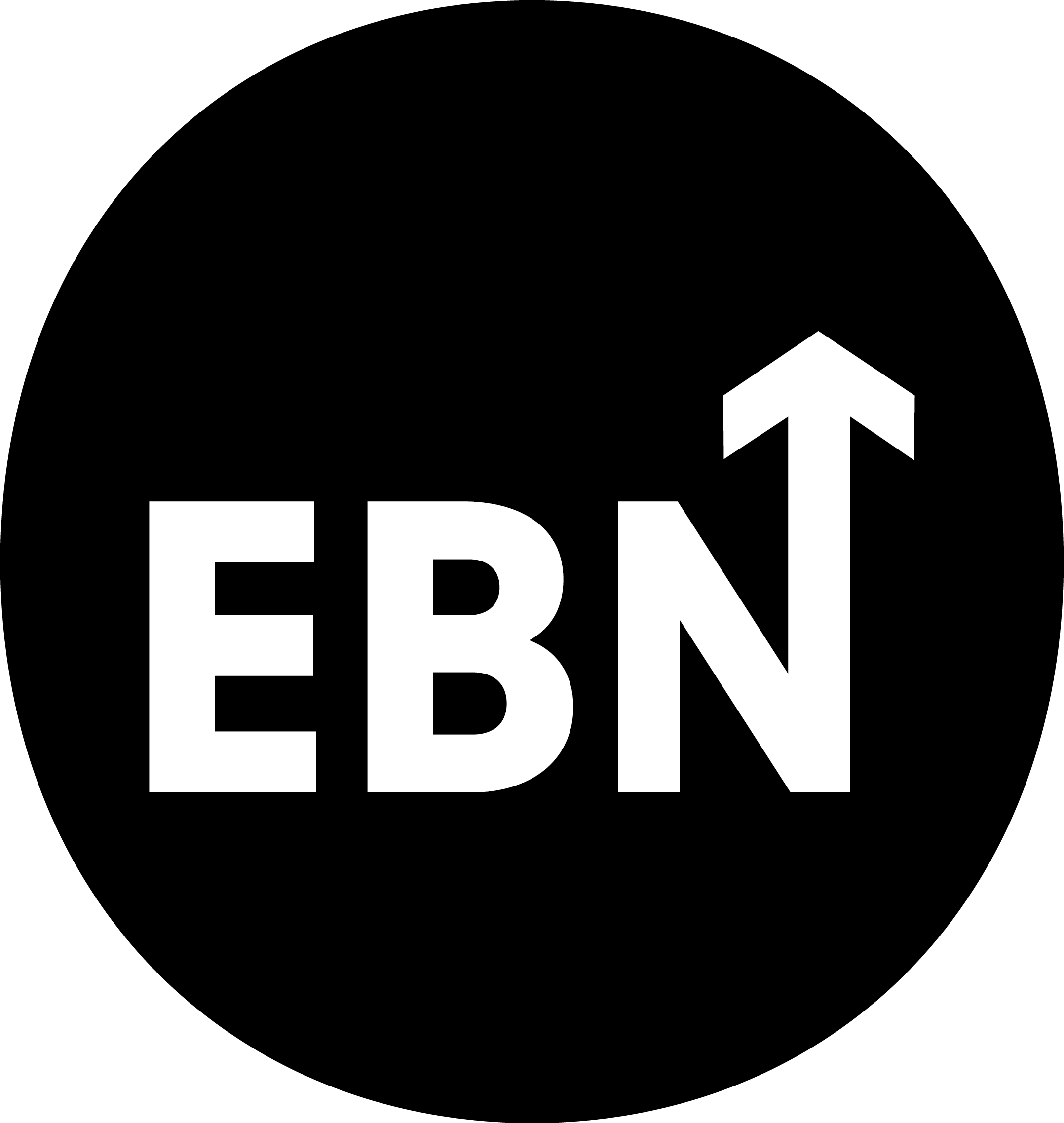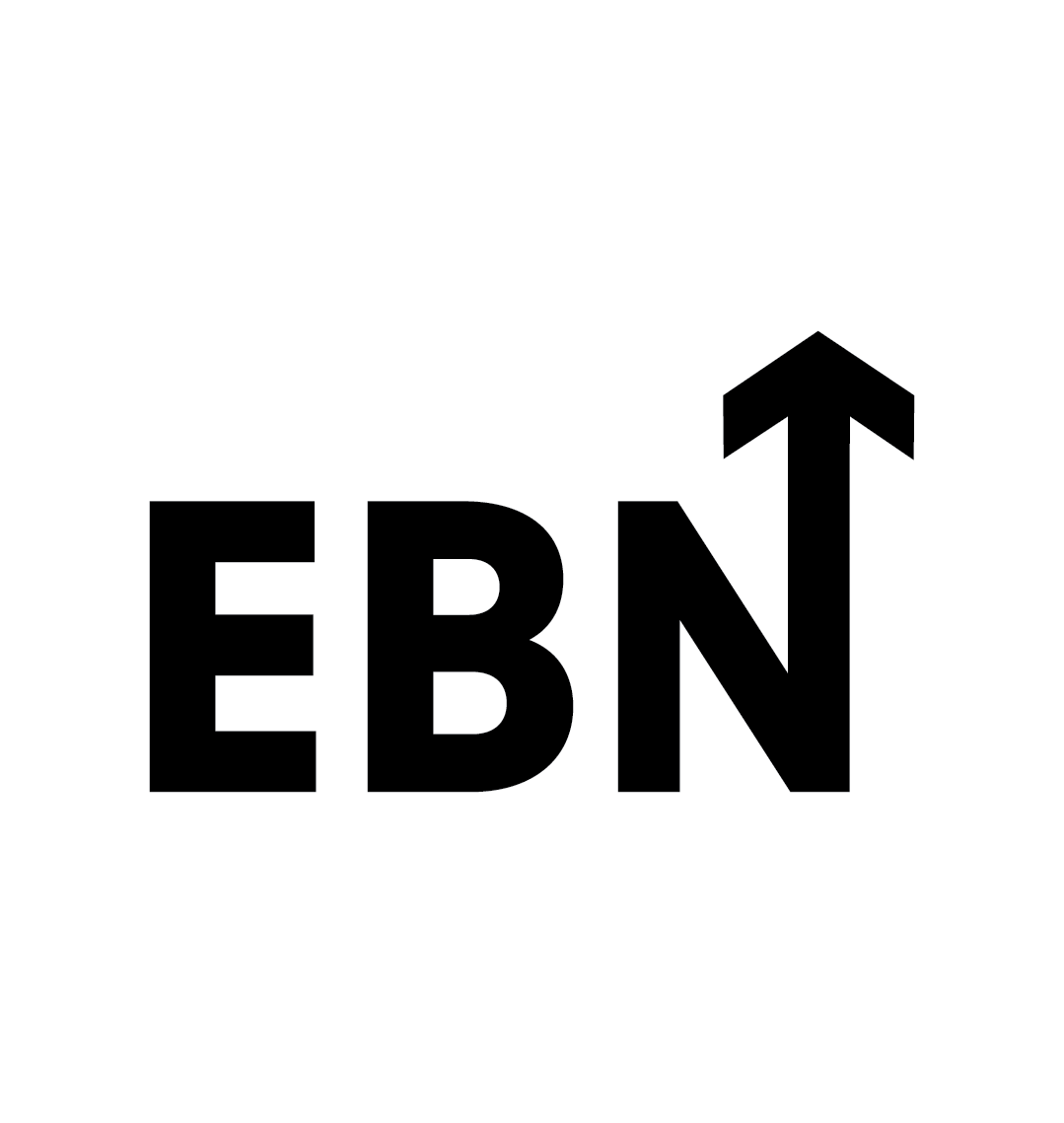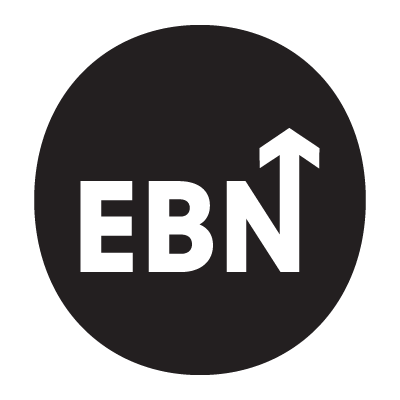For years, employer branding has played to the youth. Companies have mastered the art of luring in bright-eyed grads and Gen Z talent with promises of ping-pong tables, idealistic tropes, and “disruptive” company cultures. But as employers pull back on grad programs and set hiring freezes on entry-level positions, a more seasoned audience is stepping into the spotlight, experienced professionals who’ve seen it all. Yet, most brands seem clueless when it comes to attracting them.
Welcome to the employer branding age gap, where companies speak fluent Gen Z but struggle to say more than a “How do you do, kind sir?” to senior talent.
Momentum isn’t always progress, especially when you always end up back where you started.
Fathom helps you escape the loop. With insight, not intuition.
The Pullback on Youth Programs
As a result of the recent economic uncertainty, many organizations are quietly scaling back their investment in graduate recruitment programs. Deloitte’s Global Human Capital Trends reports that employers are prioritizing roles with immediate impact, leaving inexperienced hires in the lurch. For seasoned professionals, this shift presents a golden opportunity but do companies on the lookout know how to speak their language? And spoiler: it’s not about saving the world and TikTok challenges.
The fact is most employer branding strategies are too youth centric. They excel at capturing the attention of digital natives but fall flat when it comes to more senior, experienced candidates, those who care more about stability, leadership, and being challenged and rewarded in the areas where they feel they have expertise to deployed and sharpen.
The Age of Senior Talent: Why It’s Time for a Pivot
Experienced talent is a goldmine of industry knowledge, leadership potential, and resilience. They’re also the custodians of many of the skills currently in high demand, especially as companies cut back on the training time associated with hiring fresh grads. The need for efficiency, innovation, and immediate contribution means employers need to rethink their childish employer branding strategies. But how?

1. Shift from 'Party' to 'Purpose'
Let’s be blunt: a 45-year-old executive isn’t likely to join your company because of your state-of-the-art beanbag chairs and all those get togethers your eager young team are posting all over LinkedIn. Senior talent wants to know what impact they’ll have on the business. According to a LinkedIn report, more than 50% of professionals aged 45 and up prioritize meaningful work over salary alone. Brands that clearly communicate their vision, values, and long-term strategy in a mature and seasoned way are far more likely to win over this demographic.
Helping HR, talent acquisition, employer branding, and company culture professionals find careers worth smiling about.
It’s not that youngsters aren’t purpose driven, as they most certainly are, but it’s how you lay out and explain that purpose and the role talent plays that matters here. In other words, there’s a good chance you need to rethink both the stories you tell and the tone that you tell them in. Is your branding highlighting your mission and how employees at all levels contribute to that? Do you come across relatable and realistic or hyperbolic? Is leadership visible and accessible in your narrative? For senior talent, a strong, realistic, and clear sense of the mission beats unrelatable ideals and a glamorous pantry.

2. Sell Stability and Growth
Younger employees often chase big brand names for their CV, employers who offer clear development paths, new tech, and shiny job titles. For more senior candidates, the promise of growth is still important, but with a twist. They're more focused on sustained career development, mastering their craft, putting their skills and experience to good use, and building a legacy or name for themselves. When branding towards this group, emphasize your company’s stability, long-term plans, and commitment to honing the skills of leaders and seniors though both formal and on the job opportunities.
At this stage in their careers, senior talent is looking for companies that will invest in them as much as they invest in the company. The payoff here is that they’ll take a much longer view on getting into bed with you than a job-hopping youngster ever would. For this reason, your messaging shouldn’t just focus on hitting targets next quarter; it should touch upon where successful talent could be in five years and how your brand can support that journey.

3. Leadership and Autonomy: Show, Don’t Tell
Leadership is often key for senior talent. They want autonomy, the ability to lead, and the opportunity to drive change or perform without being micromanaged. Most companies, however, tend to showcase their young, dynamic teams in employer branding campaigns. While that's great for attracting the next wave of interns, it can alienate more experienced candidates.
Here, lead doesn't have to mean manage other people, it can also refer to leading within one's profession or craft, leading projects and initiatives, or even lead in innovation or business success.
Instead, give these folk a window into the leadership team and the company's decision-making processes. Are there opportunities for mentorship? Is the company known for nurturing internal leaders? Senior candidates want to know they’ll have room to lead and shape the future, not just follow the latest trend.

4. Ditch the Gimmicks, Provide Substance
Senior professionals see through the “cool” branding techniques that are often used to appeal to younger talent. Phrases like "work hard, play hard" or "we’re a family here" will likely send them running for the hills. What they’re looking for is substance, a solid industry reputation, career stability, skilled and dependable colleagues, a culture of respect and professionalism, and the opportunity to use their experience to its fullest.
Here your communications should focus on the kind of projects, leadership responsibilities, and long-term goals that seasoned professionals can sink their teeth into. Showcase examples of previous senior hires and the value they've brought to the company, and don't shy away from talking about how your organization is navigating tough industry challenges. Grit impresses more than glitter.
Why Most Brands Struggle
Now, there will be skeptics who argue that senior talent already knows how to find jobs and that they aren’t swayed by branding in the same way younger candidates are. To some extent, this is true, seasoned professionals do their homework, have better networks, and have more access to reliable word of mouth. But they also appreciate a clear message and a company that speaks directly to them.
Getting the right message out over the right channels in a targeted way will still have an impact. And since networks and word of mouth play a significant role at this level, being savvy with your alumni programs, senior ambassadors, and referral programs can make a significant difference.
As the workforce continues to age and people delay retirement, companies that fail to adjust their employer branding strategy to appeal to senior hires will find themselves missing out on this critical talent pool. It’s time to stop treating employer branding as a youth-focused game.
Actionable Insights for Attracting Senior Talent:
- Reframe Your Value Proposition: Focus on long-term impact, leadership opportunities, and a more grounded chance to shape the future.
- Highlight Stability and Growth: Provide concrete examples of how your company supports ongoing professional development and long-term career paths.
- Showcase Your Leadership: Senior hires want to work for and with inspiring leaders and experienced colleagues. Bring your C-suite and upper management into the spotlight.
- Ditch the Gimmicks: Save the quirky perks for your younger hires. Focus instead on the respect, responsibility, and autonomy you offer.
Time to Get Serious
Employer branding has been a youth-driven narrative for too long. It’s time to recalibrate and recognize the value of experience. In a world where employers are increasingly pulling back on junior hires and looking for impact-driven, experienced candidates, senior talent is the key to moving forward. So, are you ready to brand like a grown-up?
Takeaways
Why do companies need to shift their employer branding towards senior talent?
Senior talent offers experience, leadership, and immediate impact, which is crucial as companies reduce entry-level hiring.
What do senior professionals care about most?
Purpose, stability, leadership opportunities, and long-term career development.
How can companies reframe their branding to attract senior talent?
Highlight leadership opportunities, emphasize long-term goals, and ditch the gimmicks.
What common mistake do employers make when branding for senior hires?
They rely too heavily on perks and trendy benefits that appeal to younger talent but fail to address the values senior professionals prioritize.
Why are employers cutting back on graduate programs?
Economic uncertainty has driven companies to focus on roles with immediate impact, which reduces the demand for entry-level hires.
What leadership-related qualities attract senior candidates?
Autonomy, the chance to lead, mentorship opportunities, and visible leadership within the company.
How important is stability to senior hires?
Very. Senior professionals value career security and the chance to build a legacy within an organization.







